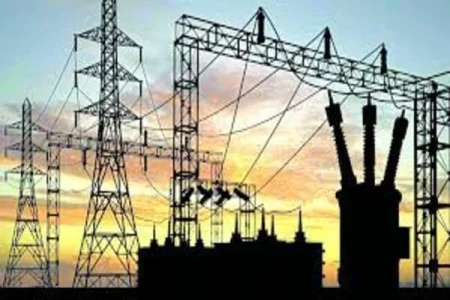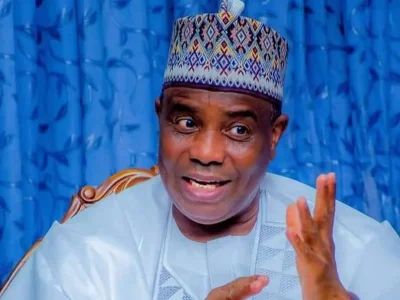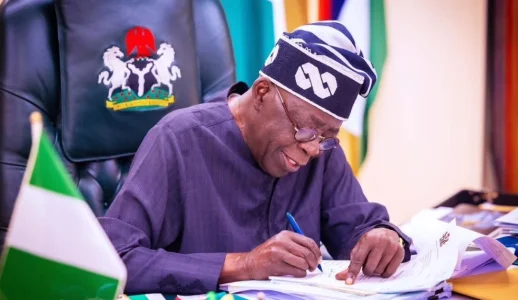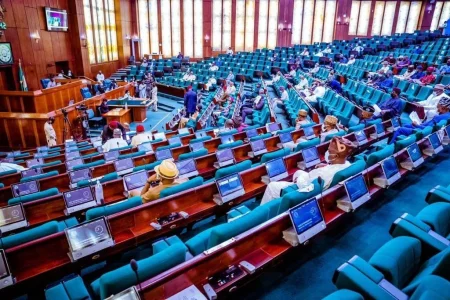
Minister of Power, Adebayo Adelabu, declared that Nigeria cannot sustain the ongoing subsidization of electricity due to a mounting debt of 1.3 trillion naira to generating companies (GenCos) and 1.3 billion dollars owed to gas companies.
Addressing a press conference in Abuja on Wednesday, Adelabu emphasized the need for a shift towards a cost-effective tariff model.
Adelabu revealed that while only 450 billion naira was budgeted for subsidy this year, the ministry requires over 2 trillion naira to maintain the current subsidy levels.
As part of the new strategy, state governments will now be allowed to independently generate power to supply their respective states.
The minister attributed the recent grid collapses to factors such as gas shortages, aging machines in the grid value chain, low capacity to evacuate generated power, and the destruction of power stations in the North-East geopolitical zone.
Adelabu also disclosed that the Transmission Company of Nigeria has over 100 abandoned projects, and no new contracts will be awarded until these projects are completed.
In an effort to address power challenges in remote areas, the 2024 budget allocates over 50 billion naira to build mini-grids.
Adelabu warned electricity distribution companies (DisCos) to improve their performance, stating that any found wanting may face license withdrawal.
To enhance security for power infrastructure, the minister has sought assistance from the National Security Adviser, Nuhu Ribadu. Adelabu's comprehensive approach aims to reshape the electricity sector, emphasizing cost-effectiveness, state-led initiatives, and increased security measures.
As the nation grapples with these transformative changes, the Power Minister's announcements signal a paradigm shift in the electricity landscape, raising questions about the future of subsidies and the role of state governments in power generation.




